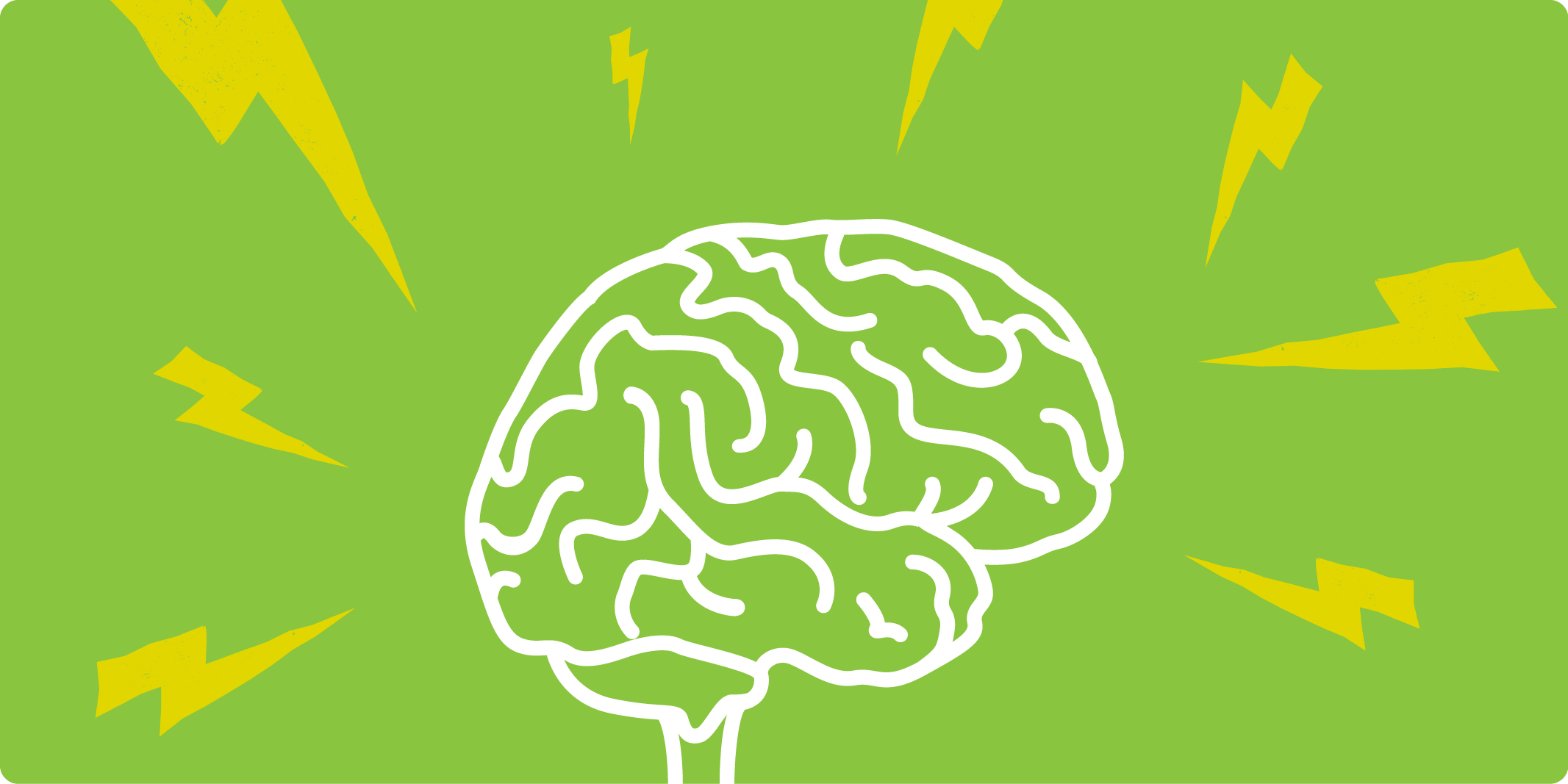How Our Brains Work When We’re Stressed

We all get anxious from time to time. It’s perfectly human to do so. Too much anxiety, however, can be deadly. The human body was simply not designed to sustain high levels of exposure to cortisol and adrenaline stress hormones. Numerous studies have demonstrated the negative and sometimes fatal consequences of extended exposure to high levels of these stress hormones. It’s one of those silent killers like lead and asbestos exposure. The difference is that we know lead and asbestos can kill us, so we tend to either stay away or take necessary precautions to avoid the ill side effects of exposure. Stress and anxiety, however, seem to be more socially acceptable.
Stressed and Proud
In today’s world, stress and anxiety are a given in everyday life. Some people actually wear it like a badge of honor. “Hey, look at me. Look how busy and stressed out I am. I must be really important to be trusted with so much stress and anxiety.” I find this behavior curious. I personally don’t live that way. I religiously take my vacations and time out sessions to restore my sanity in an otherwise insane world. Perhaps it is because I understand what is going on in my brain when I feel anxious. As a former resident of the high- paced stressed to the max world, I had to become very good at controlling my anxiety as a means of survival. That understanding and concentrated control efforts have afforded me the opportunity to take a step back from some of my circumstances in life and reflect on its conditions.
Anxious minds are foolish minds
In that reflection, I have come to a very simple conclusion. Anxious minds are foolish minds. There is some science to back this theory. Anxiety, stress and fear are all functions of the amygdala playing in tandem with other regions of the sympathetic autonomic system, which is responsible for the fight or flight instinct. This area of the brain is critical for survival during times when we are truly being threatened. It is not, however, responsible for critical thought. When the amygdala is highly activated, the neural pathway to the prefrontal cortex is essentially shut down. The prefrontal cortex is our complex decision-making center. When we don’t use it, we don’t have the benefit of our memories, multiple perspectives, judgment, and intellect to determine if a threat is valid. With the amygdala in charge, we isolate and revert to what is a safe perspective (i.e., only our perspective) and our body reacts by releasing high doses of cortisol and adrenaline (norepinephrine). In truly threatening situations, these chemicals cause our heart rate to increase and direct our blood flow away from our skin and into our muscles and triggers the release of glucose. This cycle is intended to be a short-lived burst of energy allowing us to make a fast get away if needed.
Stress in today’s world
Unfortunately, we have become a society bombarded by threats. It seems one threat is immediately followed by another threat and we become perpetually stuck in threat assessment mode with less and less prefrontal lobe engagement. When we attempt to make decisions in this constantly high threat level amygdala only engagement, we make foolish decisions that may not be in our best interests. Additionally, the long-term elevation of these chemicals in our body actually causes it to break down. Problems such as headaches, heart disease, sleep problems, stomach ulcers, immune system suppression and impaired memory are just a few of the conditions we encounter. The CDC estimates that stress accounts for about 75% of all doctors visits. So, the unending stress cycle of our lives is clearly starting to break us down. Being that we are in uncharted territory when it comes to constant and instantaneous exposure to new and sometimes threatening information, we simply don’t know how our brains will be able to adapt. It is essentially like the world around us is moving at the pace of an Intel Xeon E5 processor with Turbo Boost and our brains move at the speed of a pencil and paper. Our pre-historic brain is doing the best that it can in these changing times. To adjust, we engage in less and less critical thought. We skim over details and only process tiny bits of information whereas, in our not so distant past, we would have taken the time to process much more detail. The result being that we jump to a conclusion based on a tiny segment of information. I don’t mean to imply that all thought prior to the introduction of technology was well thought out and everything now is just rush judgment. But there is something considerable happening in our society right now that really doesn’t make good sense. With the news, the threats are constant and constantly changing. In a thirty-minute time span, there may be 30 different threats covered. There is no way my brain, or anyone else’s, would have the time or ability to rationally process each one of those threats with any level of detail. How can we know which threat is the real one? What if all of the threats are real? Since our brain did not have the time to process each of those threats, we may be at an increased risk and not even know it.
Reducing the anxiety
The good news is that we have the ability to make changes. We can intentionally engage our brain to fight the fight or flight instinct and regain control of our mind. In order for critical thought to take place, we must make a concentrated effort to move past the fight or flight reactionary stage. This process begins by taking deep, smooth, slow breathes. Lots of them. If we focus on how our body is reacting to the stress (i.e., increased heart rate, sweaty palms, etc.) we can control, calm and neutralize those reactions. Once we have relaxed, we can ask questions and actively consider options. We can also choose to let go of the stresses deemed unnecessary. In other words, we can choose to limit our foolishness and in turn improve our quality of life simply by reducing our stress and anxiety.
Your turn
How do you respond to stress? What efforts do you take to reduce anxiety in your own life? Comment below and start the conversation!

The smartest time tracking tool for businesses
Track employee paid time off use, manage timesheets, and get insights–all in one smart platform.




